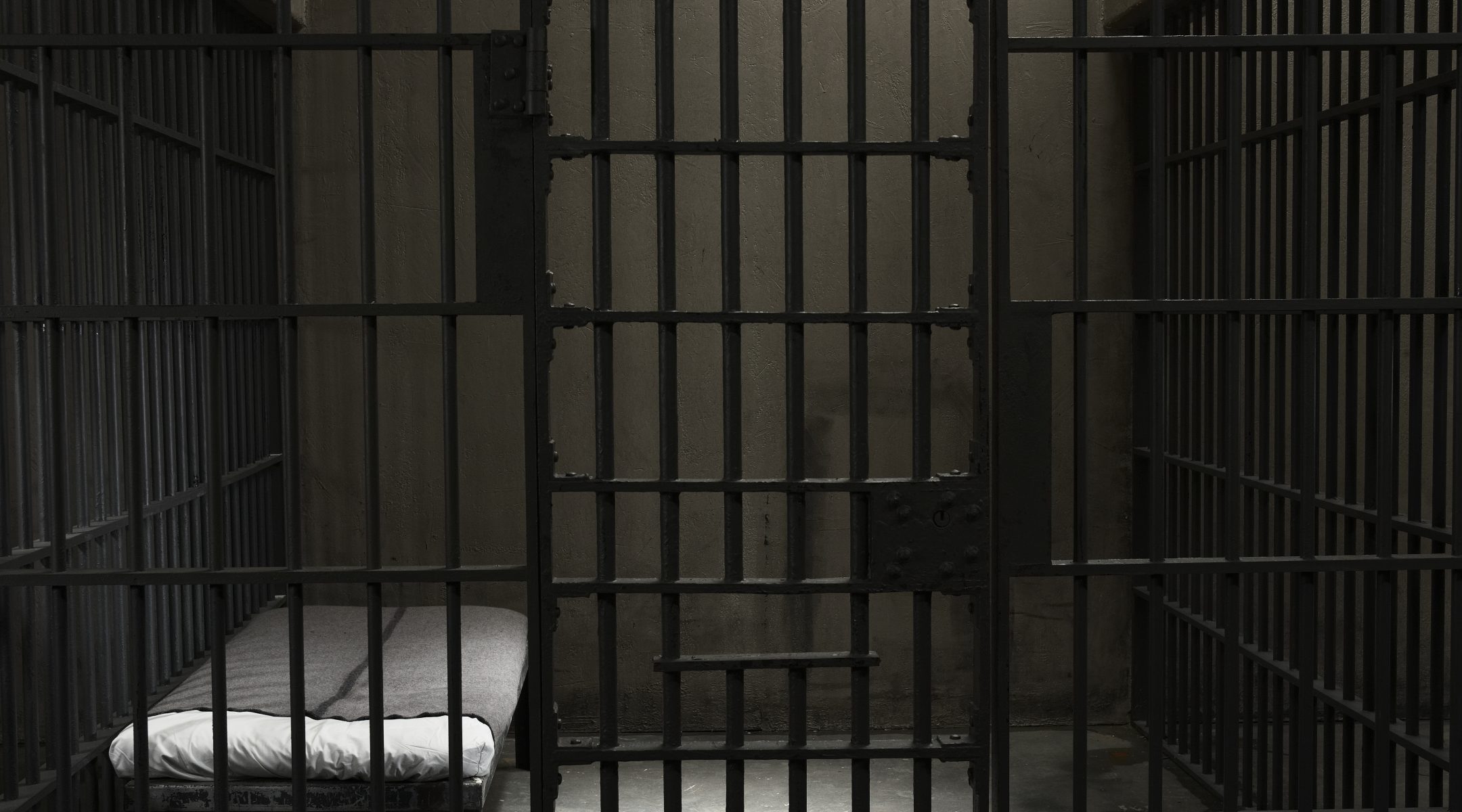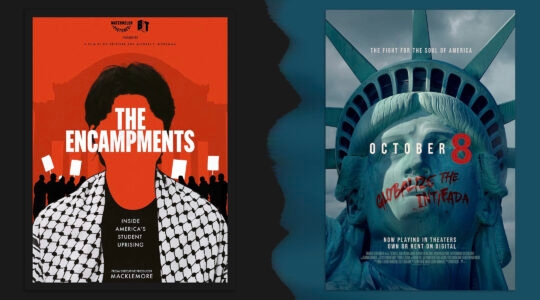(JTA) — Over the past few years, I have been honored and blessed to experience — with good friends — some Jewish traditions and holidays. Passover has always been one of the traditions I’ve most enjoyed. Yes, the good food we are blessed to receive plays a role — a true rarity in prison — but most important is the opportunity to experience some of my friends’ culture and their family traditions in celebrating them. To me, there is no higher honor to be shared with another — family, tradition, food and culture.
Last year during Passover, the virus was raging across the world. Stay-at-home-orders were given across the United States and countries were going on complete lockdown — better resembling ghost towns opposed to the lush and beautiful countries they were only months before bursting with life.
The experience within the prison was no different — we were sitting in a tinderbox as we waited for it to catch fire. Which it eventually did. The news painted grim pictures of overcrowded environments, like prisons and nursing homes, exploding with excessive amounts of positive cases of COVID-19.
The unstable state of the world forced us to spend the 2020 Passover locked in our cells, alone and isolated. Our meals were supplemented to match the traditional holiday, but the time for stories and friendship were nowhere to be had — nothing like the incredible experiences I had in previous years.
As our prison continues to remain on an extremely restricted movement structure, still recovering from an outbreak that infected over 90% of my living unit, many of us figured Passover 2021 would resemble Passover 2020.
However, as Passover approached this year, the prisoners at the Monroe Correctional Complex were told we could come together and have a small service in the Religious Activities Center here. It was a blessing many of us thought wouldn’t be possible, but one we welcomed quickly, eager to spend time with each other.
In the midst of a pandemic, Passover behind these prison walls would again become a festive time due to the kinship formed among prisoners of all races and religions being able to unite in celebration.
Gathered in the RAC, we were able to share in ancient stories that connect to a modern message. A tale of unity, faith, overcoming adversity, racism, slavery and oppression. It’s a story that many from all walks of life can share in for the evening, on that first night of Passover, we celebrated as one.
The guest list was more diverse than a New York City subway: Jews, Christians, Muslims, Druids, Atheists, Buddhists, Asians, Blacks and whites. Human beings who had a tough year shared in ancient tradition, a good meal, laughs and storytelling. Everyone was welcoming, open and caring — no judgment to be had.
When I got back to my cell that night, laying on my thin plastic mattress, I felt a sense of real happiness. I couldn’t help but think how much better life would be if we could all just take a moment to understand each other. It was a moment that was truly needed after the year we’ve been forced to endure.
“This year’s Passover seder brought multiple cultures together in celebrating a Jewish tradition,” said Ezra, a prisoner who attended. “As someone who is Asian, and living in a time when violence against Asian Americans has severely increased, it was refreshing to be in the company of people who look past each other’s differences.”
He went on to say, “If we have individuals in prison who have made terrible mistakes that can overlook cultural and religious differences and come together as one, there is no reason people on the outside of prison can’t do the same.”
Ezra is right. We should be able to look past the things that make us different because in the end, we are not really all that different. We have cultures and experiences that may be different and unfamiliar to one another, but if we all took the time to learn about each other, it would allow us to see what we have to offer is beautiful and unique. I have found it’s a blessing to participate in another’s cultural practices, not a burden or a threat to my way of life but a way to grow.
The Passover meal was kindly provided by Jewish Prisoner Services International. It consisted of everything needed to conduct a proper Orthodox seder, including a guided story booklet that was read by Bryan Glant, a Jewish community liaison within the prison. He led the group through the history of Passover while explaining the details and importance of sacrifice and the ritualistic food we partook in. He explained how bitter herbs were to remind us of the bitterness of slavery and oppression of the Jewish people, and he continued winding us down a path of stories and traditions, even educating us on the 10 plagues it took to change Pharaoh’s mind into having compassion for the Jewish people — signifying how difficult it can be to bring change to those who carry such a hard heart.
As men who are not free ourselves, the irony of the story and the whole seder experience was not lost on us, as we ourselves are hiding from plagues in isolation and wanting to be redeemed. After a long year of struggles, exile and solitary, the night was a good reminder that all storms shall pass — no matter how mighty they may seem — and like the hardships of the past, we too will move forward into brighter times.
Please take a moment to share who you are with someone and to learn about others. Many blessings.
JTA has documented Jewish history in real-time for over a century. Keep our journalism strong by joining us in supporting independent, award-winning reporting.







